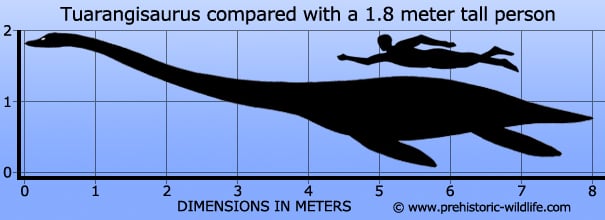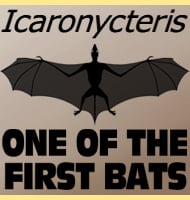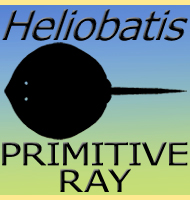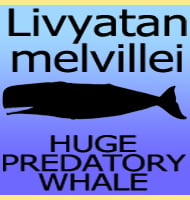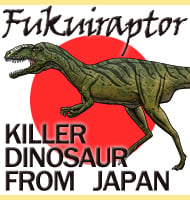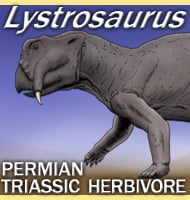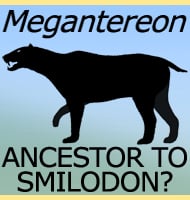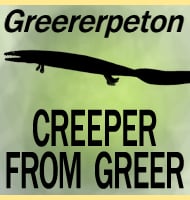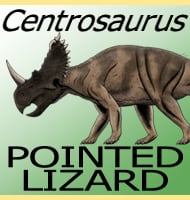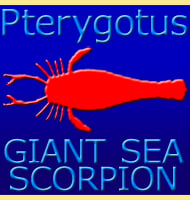In Depth
Named from a combination of the Maori word for ‘ancient’ and the ancient Greek for ‘lizard’, Tuarangisaurus was the second plesiosaur discovered in New Zealand. As an elasmosaurid Tuarangisaurus would have relied upon a combination of its long neck and long sharp teeth to seize prey items such as fish and squid.
For a time Tuarangisaurus shared its waters with the much larger elasmosaurid plesiosaur Mauisaurus.
Further Reading
– Late Cretaceous reptiles (families Elasmosauridae and Pliosauridae) from the Mangahouanga Stream, North Island, New Zealand. – New Zealand Journal of Geology and Geophysics 29:205-252. – J. Wiffen & W. L. Moisley – 1986. – Tuarangisaurus australis sp. nov. (Plesiosauria: Elasmosauridae) from the Lower Cretaceous of northeastern Queensland, with additional notes on the phylogeny of the Elasmosauridae. – Memoirs of the Queensland Museum. 50: 2, p 425-440 ISSN 0079-8835. – S. Seachs – 2005. – Reappraisal of Tuarangisaurus? cabazai (Elasmosauridae, Plesiosauria) from the Upper Maastrichtian of northern Patagonia, Argentina. – Cretaceous Research. 47: 39–47. – J. P. O’Gorman, Z. Gasparini & L. Salgado – 2014. – Redescription of Tuarangisaurus keyesi (Sauropterygia; Elasmosauridae), a key species from the uppermost Cretaceous of the Weddellian Province: Internal skull anatomy and phylogenetic position. – Cretaceous Research. 71: 118–136. – J. P. O’Gorman, R. A. Otero, N. Hiller, J. Simes & M. Terezow – 2016.
